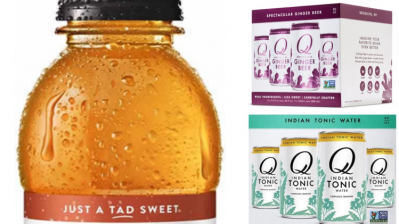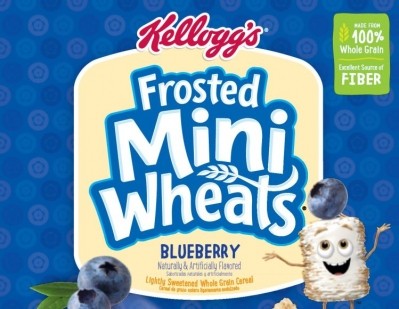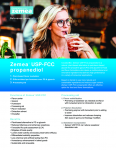Steaz hit with lawsuit over ‘lightly sweetened’ claims on beverages featuring 20g added sugar
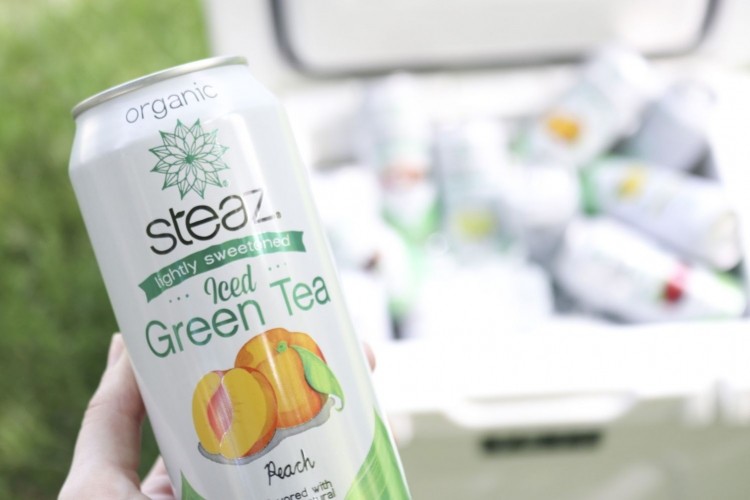
In a complaint* filed in Pennsylvania last week, plaintiff Lamartine Pierre claims the term 'lightly sweetened' implies that Steaz organic iced green teas are low in sugar: “Defendant’s ‘Lightly Sweetened’ representation… is understood by consumers that such a product is in fact low in sugar.”
In reality, however, “20 grams of added sugar is a significant and excessive amount,” alleges the complaint, the latest in a series of lawsuits querying labeling claims on products alleged to contain high amounts of sugar.
The FDA does not define ‘high’ or ‘low’ sugar, and there is no legal definition of 'lightly sweetened.' However, at 20g of added sugar, the Steaz iced teas contain 40% of the daily value for added sugars (set at 50g for a 2,000 calorie diet), and if this were sodium or saturated fat, the products would be classified as ‘high’ in said nutrient, notes the lawsuit.
“Defendant’s product provides more than half of the added sugar the American Heart Association recommends for daily consumption for men [37.5g] and 80% of the recommended daily amount for women [25g].”
Steaz did not immediately respond to requests for comment.
A flurry of class action lawsuits
Given that the FDA has not (yet) defined ‘low sugar,’ lawsuits addressing claims about sugar content have hinged upon subjective arguments about whether ‘reasonable consumers’ might be misled.
In 2019, Kellogg agreed to settle a class action lawsuit alleging it falsely advertised some ‘lightly sweetened’ cereals as healthy and nutritious. As part of the settlement, it agreed to remove the phrase ‘Lightly Sweetened’ from Frosted Mini-Wheats and Smart Start for at least three years.
However, a similar case against General Mills was dismissed by a different judge, who argued that consumers “cannot plausibly claim to be misled about the sugar content of their cereal purchases because defendant provided them with all truthful and required objective facts about its products, on both the side panel of ingredients and the front of the products’ labeling.” Meanwhile, a near identical case vs Clif Bar was allowed to proceed.
There is no legal definition of ‘lightly sweetened’ or ‘low sugar’
While there is no legal definition of 'low sugar' (the FDA only sets conditions of use for ‘reduced/less/lower sugar’ nutrient content claims, which are permitted on products containing at least 25% less sugar per reference amount customarily consumed than an appropriate reference food), it has issued guidance (p90) stressing that the term ‘low sugars’ is "not defined," and “may not be used.”
And as the term ‘lightly sweetened’ is basically a synonym for the prohibited term 'low sugars,' it should not be permitted either, claimed Sarah Sorscher, deputy director of regulatory affairs at health advocacy group the Center for Science in the Public Interest (CSPI).
In a letter to the FDA sent in January 2020, the CSPI highlighted 19 products from five brands including Steaz using terms such as ‘lightly sweetened’ and ‘less sweet,’ to describe products that contain 14-25g added sugar per serving (up to half of the 50g daily value).
These products – according to the CSPI – violate FDA’s regulation of nutrient content claims, and its general prohibition against labeling that is false or misleading.
CSPI: ‘These claims are not authorized and they can be misleading’
"FDA hasn’t defined 'low sugar' and that means companies can’t make 'low sugar' claims," Sorscher told FoodNavigator-USA earlier this year.
"They also can’t make implied low sugar claims like 'lightly sweetened.' These claims are not authorized and they can be misleading, especially when they’re used on sugary products. Under the Nutrition Labeling Education Act, nutrient content claims have to be authorized by the FDA.
Meanwhile, terms such as ‘less sweet’ are implied nutrient content claims because they are synonyms for ‘reduced sugar,’ and should not be permitted unless the products meet the criteria for a reduced sugar product, she argued.
“CSPI respectfully urges the FDA to take enforcement action against the manufacturers identified in this letter [Snapple, Steaz Organic, Honest Tea, Q Drinks, and Teas’ Tea] for making implied ‘low sugar’ or ‘reduced sugar’ claims unauthorized by current regulation, as well as any other manufacturers making similar claims that the agency may identify."
CSPI: FDA should set criteria for new 'low sugar' and 'low added sugar' nutrient content claims
The CSPI also urged the FDA "to move expeditiously to issue regulations authorizing ‘low added sugar’ claims to be made on products that are truly low in added sugars. We encourage the agency to develop a per-RACC threshold similar to that which is used for other ‘low’ nutrient content claims, and to consider setting it no higher than 5% of the [50g] daily value [which would be 2.5g] or 3g per serving.”
According to Sorscher: "The rationale… is to avoid precisely the type of situation we are seeing here, where the food industry calls something 'low,' nutrition experts call the same thing 'high,' and consumers are left confused about what they’re eating."
*The case is Pierre et al vs The Healthy Beverage Company LLC, 2:20-cv-04934 filed in the US District Court in the eastern district of Pennsylvania, on October 6, 2020.
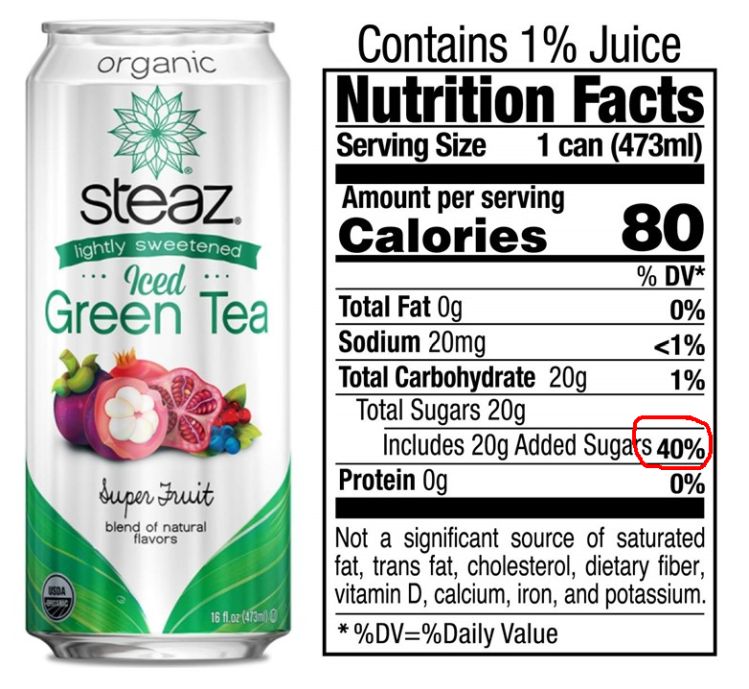

![Snapple: “[The phrase] 'Sorta Sweet' is precisely the kind of subjective statement, rather than an objective fact, that courts routinely find to be non-actionable puffery.” (Picture credit: Straight Up Tea)](/var/wrbm_gb_food_pharma/storage/images/_aliases/wrbm_medium/publications/food-beverage-nutrition/foodnavigator-usa.com/article/2021/01/21/sorta-sweet-does-not-imply-low-sugar-argues-snapple-beverage-corp-as-it-urges-court-to-toss-fanciful-lawsuit/12117742-1-eng-GB/Sorta-sweet-does-not-imply-low-sugar-argues-Snapple-Beverage-Corp-as-it-urges-court-to-toss-fanciful-lawsuit.jpg)

